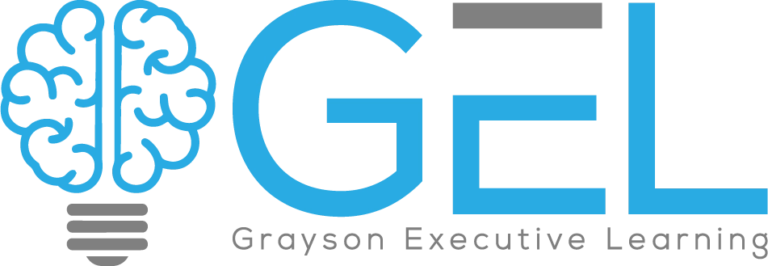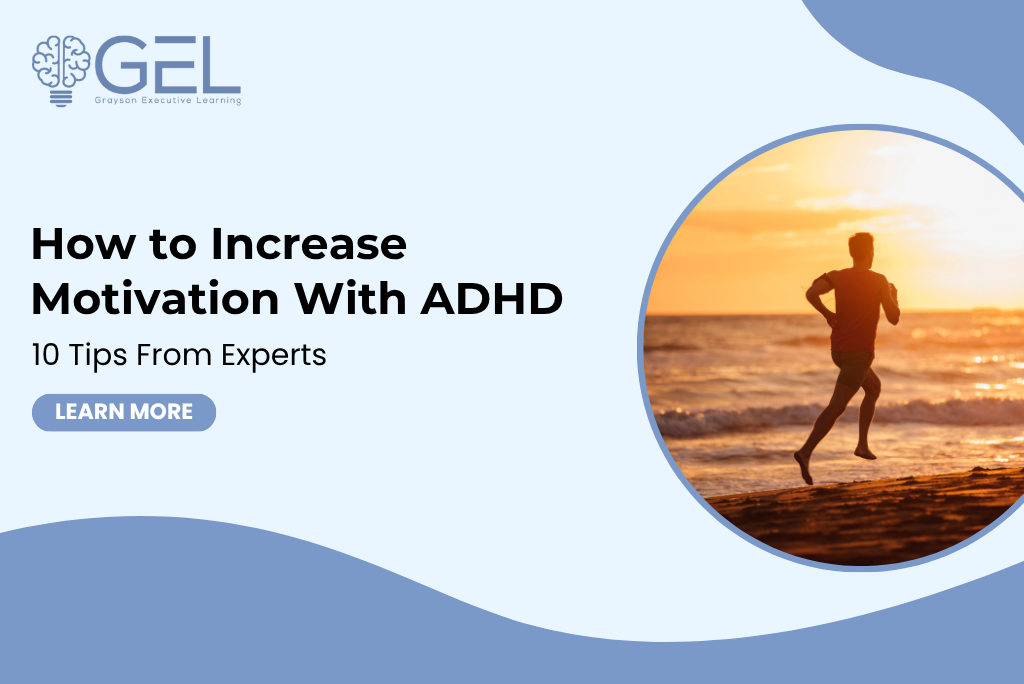For students with ADHD, motivation can feel like a rollercoaster. One day, they’re excited and focused. The next, even starting an assignment feels impossible. If your teen struggles to get going or follow through, especially with tasks that aren’t immediately rewarding, they’re not alone.
ADHD impacts the brain’s reward system and executive function, making it harder to initiate tasks, sustain attention, or manage time effectively. But with the right support and structure, your teen can build motivation and momentum.
Here are 10 expert-backed strategies to help your student with ADHD stay engaged, productive, and confident in their goals.
Break Big Tasks Into Smaller Wins
Large assignments can feel overwhelming and paralyzing. Break projects into clear, manageable steps. Instead of “write research paper,” start with “create outline,” then “write introduction.”
Harvard research shows that breaking tasks into smaller parts activates the brain’s reward centers more frequently, helping students feel progress and stay motivated.
Use the Power of Timers
Time can feel abstract for students with ADHD. Use a visual or digital timer to add structure. The Pomodoro Technique includes 25 minutes of focus followed by a 5-minute break and has been shown to improve attention and reduce burnout.
Tools like Time Timer or Focus Keeper help make time visible and reduce procrastination.
Create Predictable Routines
Teens with ADHD thrive with structure. Consistent morning and evening routines reduce decision fatigue and create mental space for focus. Even a basic routine of wake up, stretch, eat breakfast, review planner can support executive function.
According to the CDC, routines improve emotional regulation and task initiation in adolescents with ADHD.
Build a Reward System That Works
External motivation can help bridge the gap when internal motivation is low. Let your teen earn rewards after completing tasks like watching a show after studying or going out with friends after finishing homework.
Make sure rewards are immediate and meaningful. This helps activate the brain’s dopamine system, which is often under-responsive in ADHD.
Connect Tasks to Personal Goals
Many teens with ADHD struggle to stay engaged with assignments that feel irrelevant. Help them connect schoolwork to something they care about. For example, a student who loves video games might relate a science project to game design.
When teens see purpose in a task, they are more likely to stay motivated and complete it.
Remove Hidden Barriers
Sometimes a lack of motivation is really a response to confusion or anxiety. Is the assignment unclear? Is your teen unsure where to start? Talk through these blocks together. Sometimes, just clarifying directions or starting the first sentence can help your teen move forward.
Teens often avoid tasks not because they’re lazy, but because they’re stuck.
Prioritize Sleep and Movement
ADHD brains function better with rest and exercise. A National Sleep Foundation study found that teens need 8 to 10 hours of sleep each night, yet most fall short. Sleep deprivation can worsen inattention and make motivation harder to access.
Even 20 minutes of physical activity boosts dopamine and supports focus and energy.
Use Visual Tools and Reminders
Sticky notes, calendars, whiteboards, and visual checklists can all help students keep goals top of mind. Place visual cues in common areas like on their desk, mirror, or backpack.
Apps like Todoist or Habitica can gamify the experience for tech-loving teens.
Encourage Self-Talk and Reflection
Students with ADHD often benefit from hearing themselves think. Encourage your teen to use self-talk strategies like “What’s the first step?” or “I’ve done this before.” Reflecting on past successes builds confidence and reminds them that progress is possible.
Journaling or check-ins can also help build self-awareness.
Focus on Progress Not Perfection
Perfectionism can shut motivation down before a student even begins. Remind your teen that it’s okay to make mistakes and that effort is what counts. Celebrate small wins like sitting down to start or completing one section of an assignment.
Research from Columbia University shows that when students feel success is achievable, they’re more likely to stay motivated over time.
Final Thoughts: Motivation Starts With Support
Motivation with ADHD doesn’t come from trying harder. It grows from the right combination of structure, support, and strategies tailored to the way your teen’s brain works.
At Grayson Executive Learning, we help students build these systems in personalized one-on-one coaching sessions. We focus on practical tools that increase motivation, reduce frustration, and develop the executive function skills that last far beyond the school year.
How Can GEL Help Students Develop Executive Function?
Grayson Executive Learning (GEL) is a boutique Academic and ADHD/Executive Function Coaching practice that specializes in providing premium one-on-one academic coaching services to high school and college students with ADHD and executive function difficulties.
Click here to learn how we can help your student truly reach their academic potential while developing critical life and independence skills.
We look forward to serving you.


